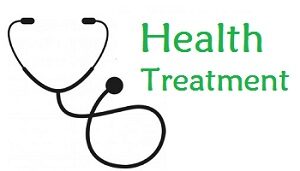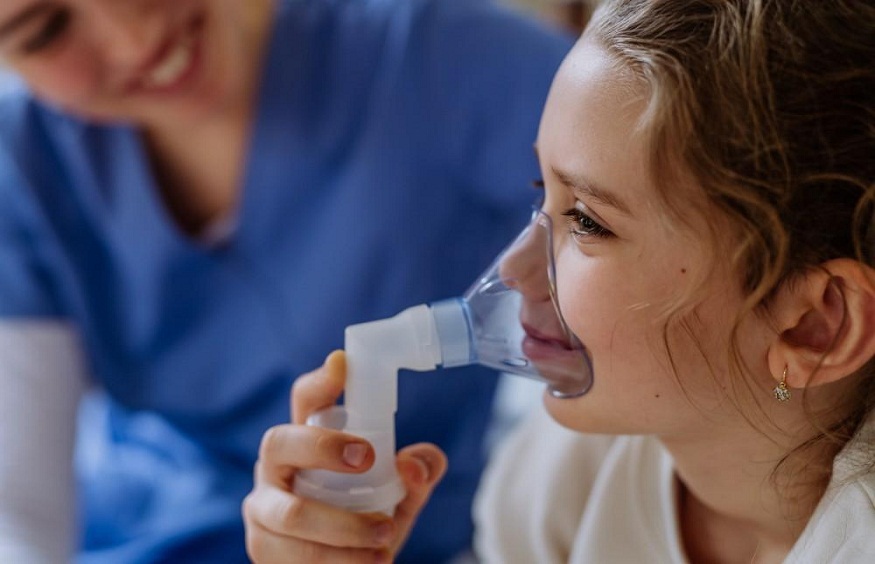Down syndrome is a genetic condition resulting from an extra chromosome 21, impacting development and causing distinctive physical and cognitive traits. Early diagnosis and treatment are crucial for providing effective support and improving quality of life. This blog explores the diagnostic methods available for detecting Down syndrome, from prenatal screenings to postnatal tests, and discusses the range of treatments, including therapies and educational support, designed to help individuals with Down syndrome thrive and reach their full potential.
What is Down Syndrome?
Down syndrome is a genetic disorder that occurs when an individual has an extra copy of chromosome 21 (either in full or partially), leading to developmental delays, intellectual disabilities, and distinct physical features, such as a flat facial profile, slanted eyes, and a short neck.
Down syndrome can be identified before or after birth through prenatal screenings or diagnostic tests. While there is no cure, early intervention and supportive therapies – such as physical therapy, speech therapy, and educational support – can help individuals with Down syndrome reach their full potential and lead fulfilling lives.
Diagnosis of Down Syndrome
1. Prenatal Screening Tests –
Several tests during pregnancy can assess the risk of Down syndrome:
- First Trimester Screening: This involves a blood test to detect specific proteins in the mother’s blood and an ultrasound, called a nuchal translucency scan, to measure fluid at the back of the baby’s neck. This combination is usually more accurate in the first trimester.
- Second Trimester Screening: A blood test during this period measures markers in the mother’s blood, either three (triple screen) or four (quadruple screen).
- Combined Screening: This approach integrates a first-trimester blood test and ultrasound with a second-trimester blood test to provide an overall risk assessment.
2. Diagnostic Tests –
If screening results suggest a high risk of the chromosomal disorder, further diagnostic Down syndrome tests can confirm the diagnosis:
- Chorionic Villus Sampling (CVS): Conducted between 10 and 13 weeks of pregnancy, this test examines cells from the placenta for fetal chromosome analysis.
- Amniocentesis: Performed between 15 and 20 weeks of pregnancy. It involves extracting a small amount of amniotic fluid to analyse fetal cells for chromosomal abnormalities providing a definitive diagnosis.
- Preimplantation Genetic Diagnosis: Used in IVF procedures, this test screens embryos for genetic abnormalities before implantation.
3. Diagnostic Tests for Newborns
After birth, a physical examination often raises suspicion of Down syndrome, but a chromosomal karyotype test is needed for confirmation. This test, conducted on a blood sample, analyses the baby’s chromosomes. The presence of an extra chromosome 21 confirms Down syndrome.
Treatment and Management
Although there isn’t a cure for Down syndrome, those who have the illness can live with supportive care and early intervention. Treatment typically involves addressing the various health and developmental issues associated with Down syndrome.
1. Early Intervention Programmes
Early intervention programmes are crucial for children with Down syndrome, typically starting soon after birth. These programmes offer various therapies to support physical, cognitive, and social development, including:
- Physical Therapy: Enhances motor skills and muscle tone.
- Speech Therapy: Improves communication abilities.
- Occupational Therapy: Develops skills for daily living activities.
2. Medical Care
Children with Down syndrome frequently face medical issues that necessitate ongoing attention. Common concerns include heart defects, which may require surgical intervention, and hearing and vision problems. Regular screenings and corrective measures, such as glasses or hearing aids, are essential for managing these issues effectively.
3. Social and Emotional Support
Providing a supportive and inclusive environment is vital for the social and emotional well-being of individuals with Down syndrome. Encouraging participation in community activities and fostering friendships can help individuals develop social skills and self-esteem.
Conclusion
While Down syndrome presents unique challenges, early diagnosis, and intervention can significantly enhance the quality of life for affected individuals. By utilising medical care, therapeutic support, and inclusive educational opportunities, individuals withDown syndrome can lead fulfilling lives. Consulting with healthcare professionals and utilising community resources can provide families with the support they need to navigate the challenges of Down syndrome.
If you’re expecting and worried about Down syndrome or other genetic disorders that could affect your baby, consulting a healthcare professional is essential. The best gynaecologists in Hyderabad, Bangalore, and other cities across India can guide you through prenatal testing and what to expect. They offer expert advice and help you navigate available resources and support systems to manage potential conditions. Early consultation ensures you have the right information and support to make informed decisions for your baby’s health and well-being.




